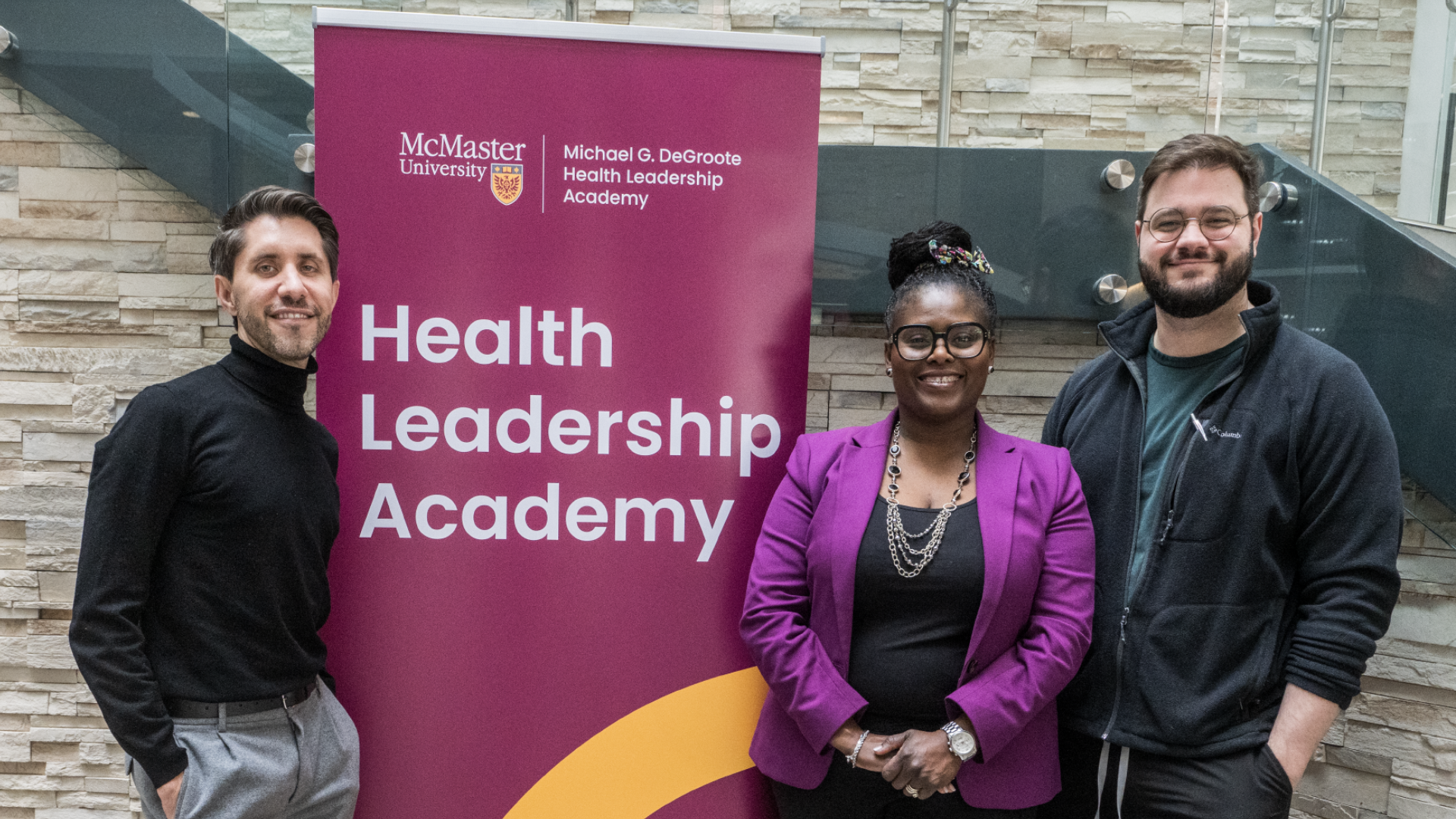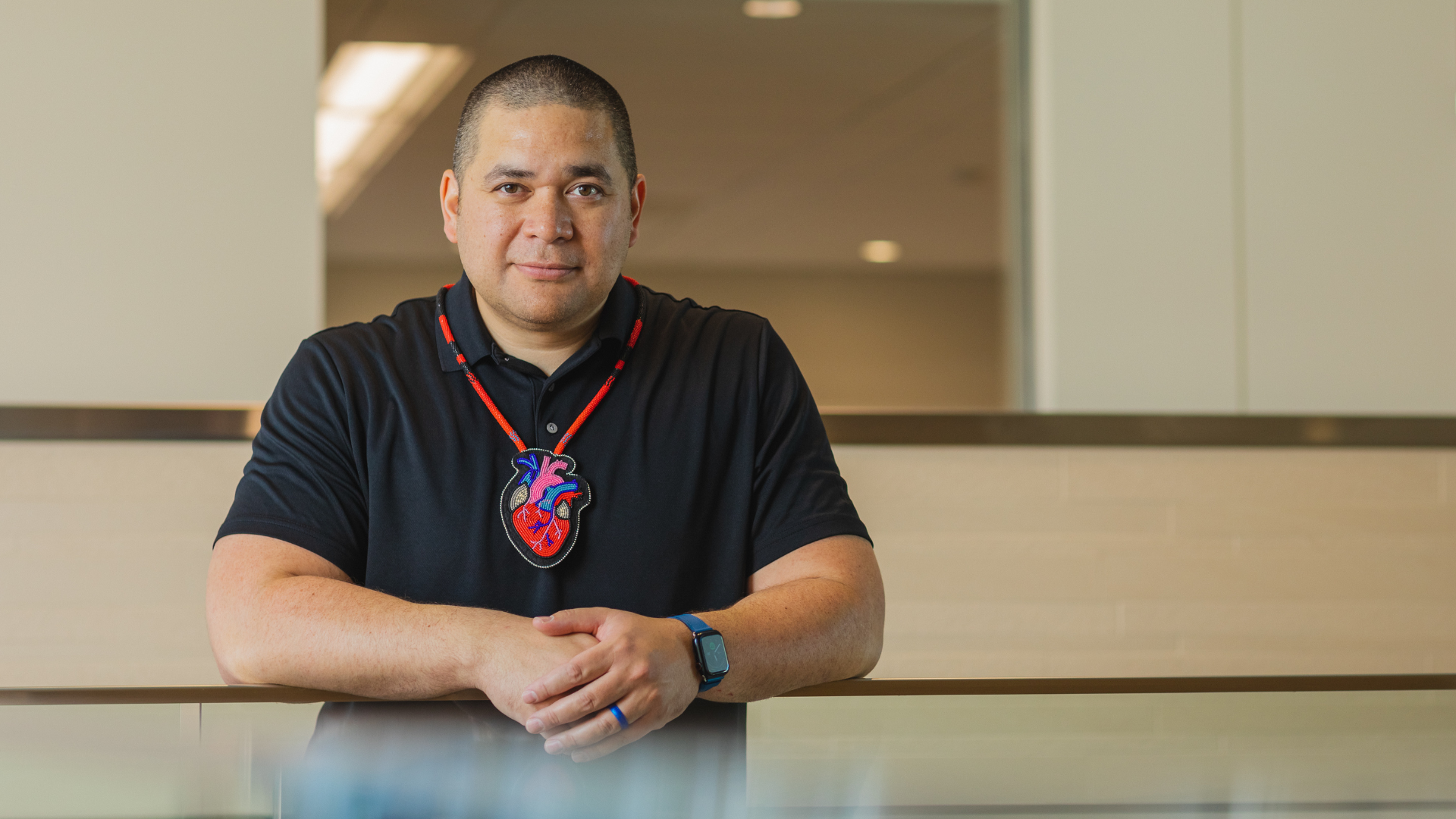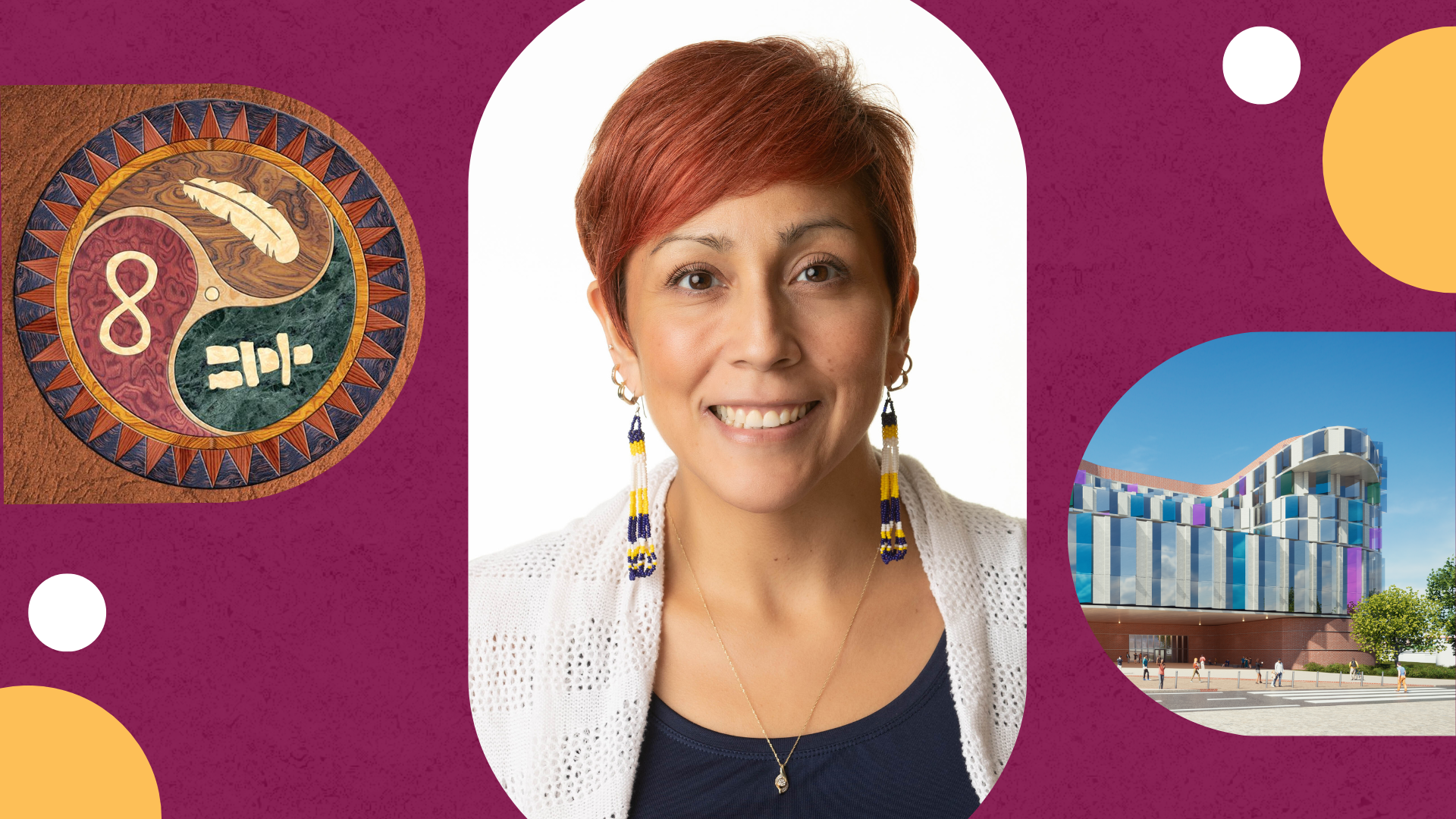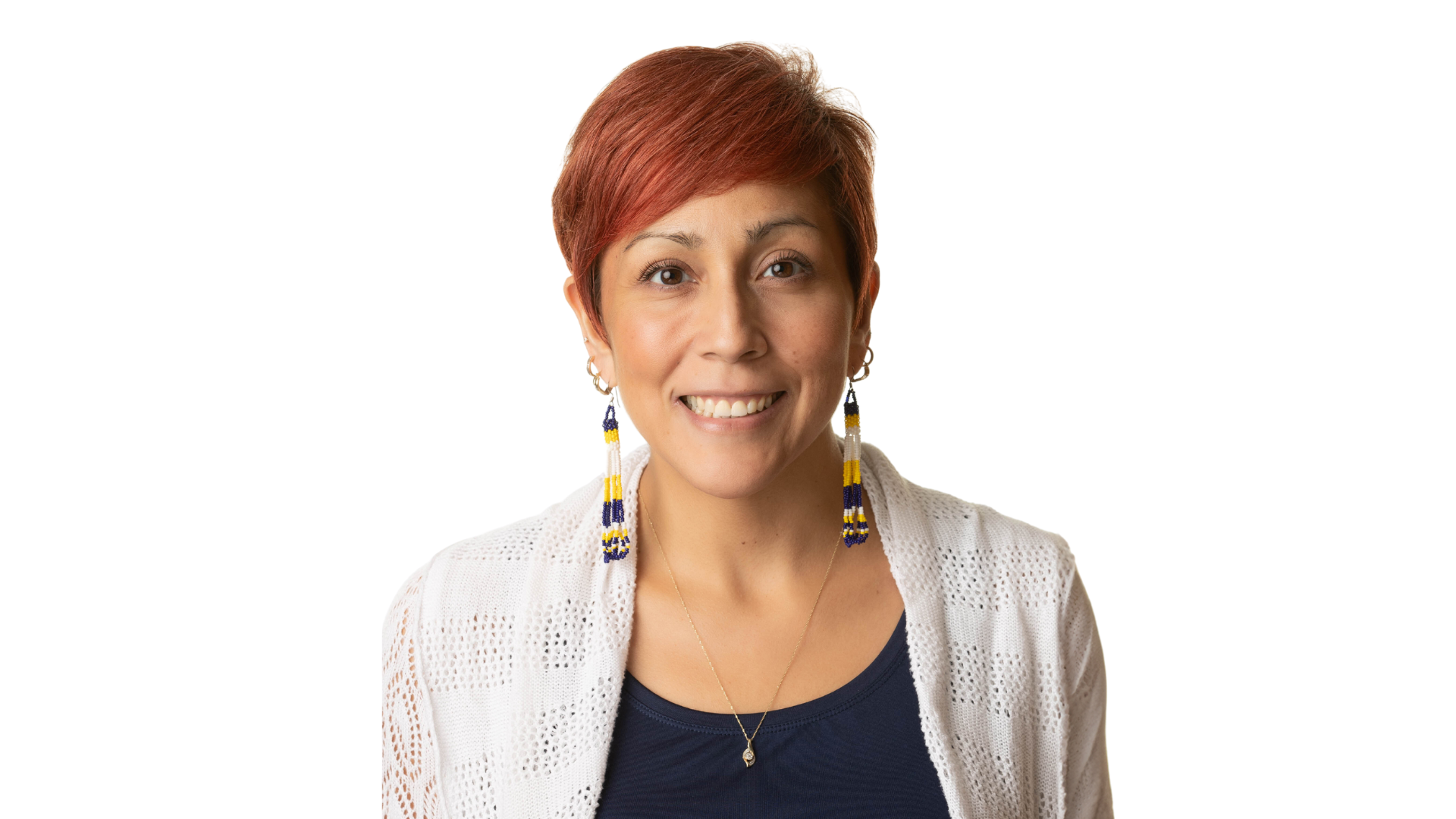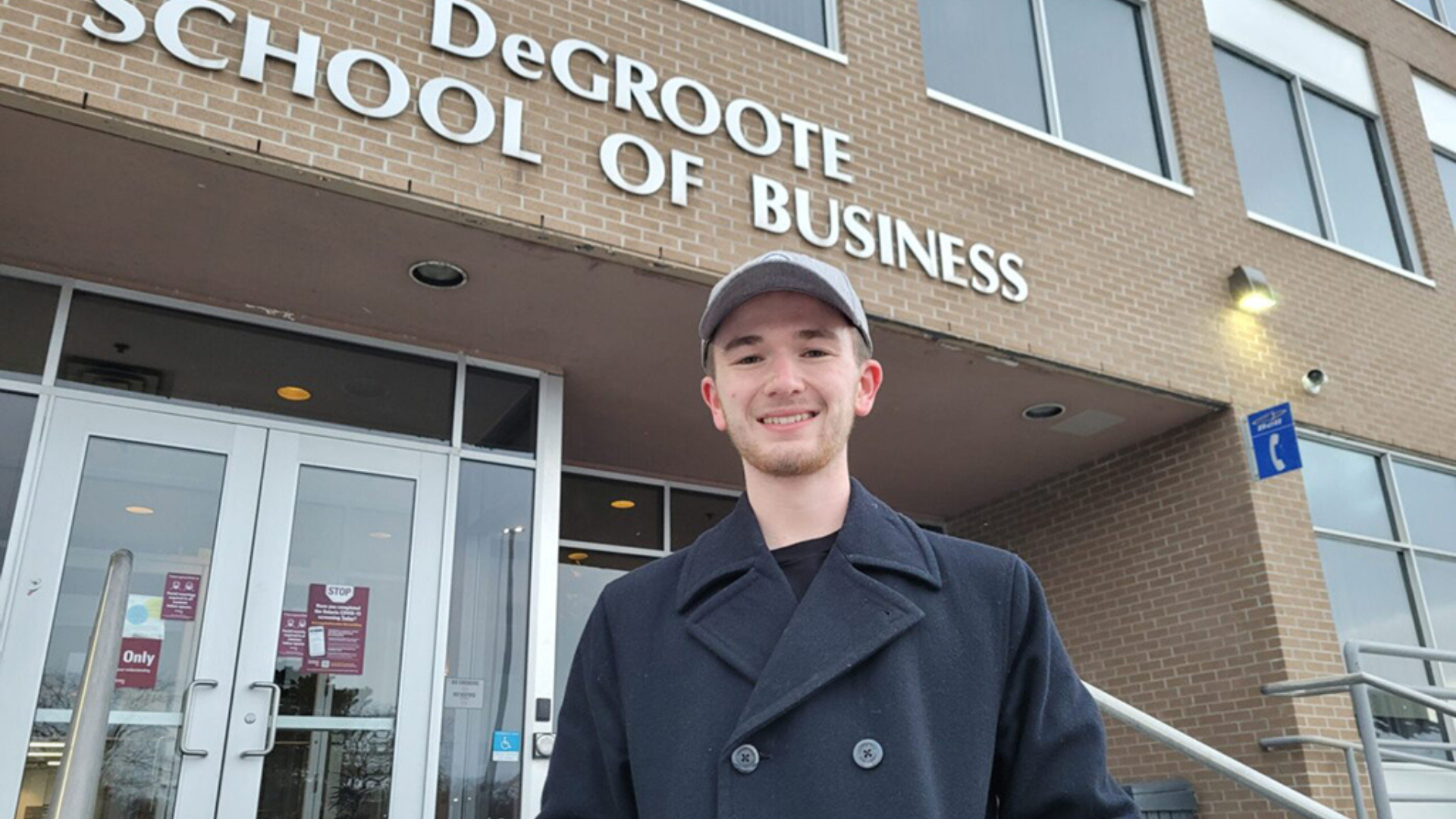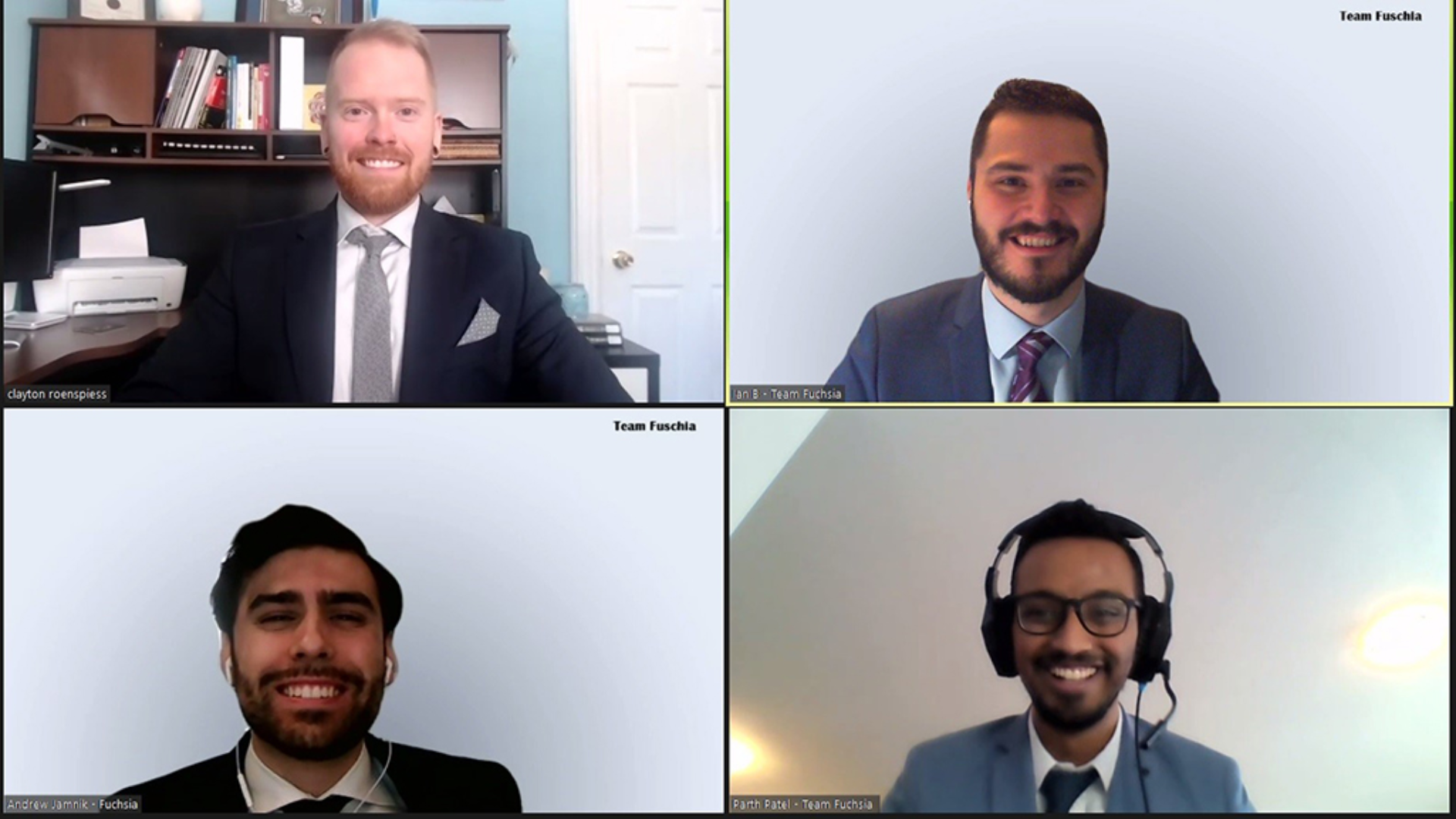
Future of Canadian health care
The future of Canadian health care depends on a new generation of health leaders who can think creatively and disrupt the status quo. The Health Leadership Academy equips participants with the critical leadership and creative problem-solving skills vital to effect change and achieve success in a complex health system.
What does it mean to be a young professional in the real world of health care during a crisis?
At a recent McMaster Collaboratorium webinar, we spoke with two Emerging Leader alumni about how new medical residents can play a leadership role in a changing health care landscape.
 For Rachel Bierbrier, Dermatology Medical Resident at McGill University, leadership is a cornerstone in medical practice. As a medical student, she actively sought leadership opportunities and experiences. Still, she was surprised to discover that leadership is not only a natural ability but can be taught, learned, and practiced.
For Rachel Bierbrier, Dermatology Medical Resident at McGill University, leadership is a cornerstone in medical practice. As a medical student, she actively sought leadership opportunities and experiences. Still, she was surprised to discover that leadership is not only a natural ability but can be taught, learned, and practiced.
Starting at a new place where I was at the beginning stages of my career as a doctor, I really had to look at myself as a leader and see what I could contribute from an early stage in my training,” says Bierbrier. “For me, the leadership skills that emerged in the first few months of my training were the ability to adapt, adjust, and reflect on my skills in what I can bring despite my lack of experience.”
She credits the late Dr. Del Harnish of McMaster and the Health Leadership Academy for enabling her to learn leadership skills that had a direct application for medicine. She also appreciates the Emerging Leaders Program (ELP) focus on design thinking, which proved that it is not just creative people who can solve problems creatively.
“I think another big piece for me starting out in my medical career was the importance of understanding that I have so much to learn,” says Bierbrier. “I am building my leadership skills by being humble, willing and open to speak to people, and accept mentors to help guide me through the different challenges and opportunities as I’m pursuing my future career.”
Adam Eqbal, Cardiac Surgery Medical Resident at McMaster University, shares his experience as a first-year resident. “I was quite anxious going into a new position. The thing about health care there really is a bit of a hierarchical structure,” explains Eqbal. “The question becomes how can you incorporate leadership skills into your day-to-day life when you are sort of starting at the bottom?”
For new residents, Eqbal says it is essential to cultivate good relationships and to find every opportunity to learn from team members. Building trust is also vital, but especially important in a crisis, he added. When team members trust and understand each other, they can make decisions quickly. However, it is not always possible to work with those you know or trust in a crisis, so adaptability is also important.
Adaptability in a crisis
How can a new resident, or anyone in the early stages of their career, demonstrate adaptability and flexibility? A strong foundation in knowledge, principles, and skills is what makes Eqbal adaptable in a crisis. When you can fall back on your skills and expertise, he said, “very little can stray you from your course.” For Bierbrier, the key is being comfortable with uncertainty and having the confidence and humility to say: “I don’t know.” In the current climate where change is constant and rapid, “I don’t know, but I will do my best to find the answer” is often the best answer, she concluded.
Looking to the future, Bierbrier and Eqbal believe there will be challenges and opportunities for young health care leaders in this new world of change. Eqbal noted that the pandemic has forced the rapid integration of technology into health care systems. “I think we’re coming from a digitally-driven era from day one,” explains Eqbal. “Young leaders have the opportunity to be the flag bearers for the integration of technology and the future provision of care.”
Both alumni agree the initiative and energy created during this pandemic will be maintained or continued. Eqbal predicted that it will be a slow transition to “normal” and that it may be difficult to recognize the shift when it happens. He hopes that this experience will have a long-lasting impact on responding to crises and pandemics more specifically.
Asked to consider the future, Bierbrier quipped that whatever she says today probably will not apply tomorrow. With everything evolving so quickly, she tries to focus on the positives and see opportunities in the challenges. The crisis has brought together sectors that might not usually interact or collaborate on COVID-19-related problems, which bodes well for future innovation.
“I think right now is the perfect opportunity for anyone who felt they never had a spot at the table to step up,” says Bierbrier. “The current state of things is really giving a voice to individuals that may not have had that voice before, and I really hope that legacy continues beyond the COVID pandemic.”
Culture shift in health care
Bierbrier noted a culture shift in recognizing and appreciating the vital role allied health care workers and essential health care workers outside the hospital play within the broader health care system. Similarly, the pandemic has prompted scrutiny and focus on health care in non-hospital settings, long-term care facilities, and patients outside the urban centres. These trends, Bierbrier hopes, continue beyond the pandemic, and make a lasting impact on the Canadian health care system.
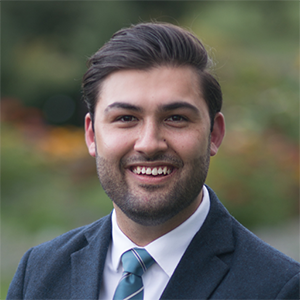 Emerging Leaders play an essential role in the dramatic changes occurring in health care today. Both alumni recognize everyone has leadership abilities, different points of view, and everyone can contribute, regardless of their role.
Emerging Leaders play an essential role in the dramatic changes occurring in health care today. Both alumni recognize everyone has leadership abilities, different points of view, and everyone can contribute, regardless of their role.
Being a young, new professional entering a workspace that has a well-established structure, you’re not often regarded as a leader. But you can still use leadership skills, and you can be a fresh set of eyes on an otherwise traditional way of doing things to suggest change,” says Eqbal. “Crisis doesn’t build character; it reveals it.”
If there is just one piece of advice Bierbrier can give future health leaders, she would stress that it is important to be resilient and have the humility to say you don’t know. But also have the passion and fire to say that I’m going to find out.
About the Health Leadership Academy
The Health Leadership Academy offers leadership programs for aspiring and current health leaders that focuses on learning, and unlearning, the necessary skills to navigate and adapt to our ever-changing health environment.

